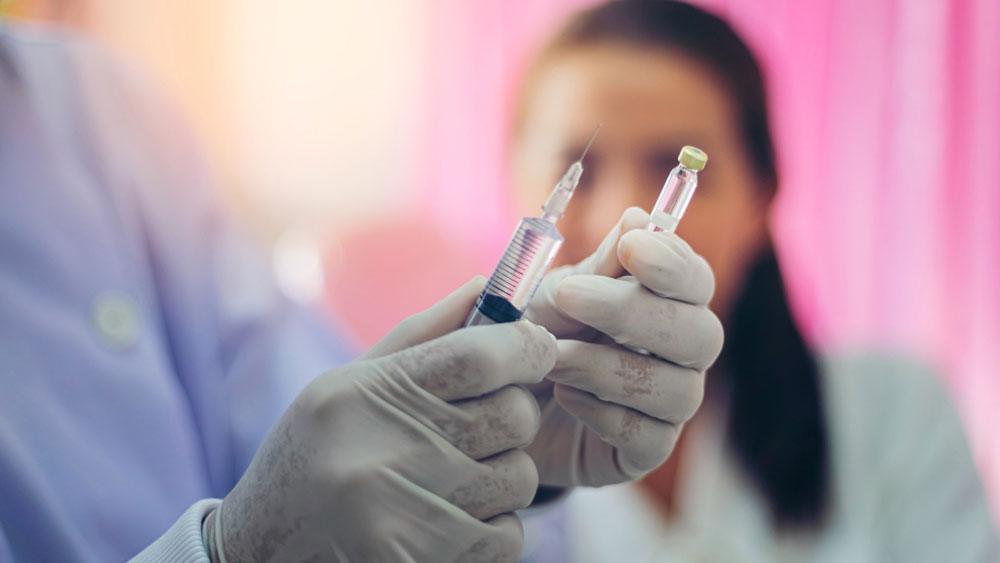Thinking about starting IVF? One big question is- how many injections will you need? This post brings you to the discussion in detail. Find out more about what each injection does & how many shots you might get in a cycle.
What's the IVF Injection?
Most are done with small needles and are given in the belly or thigh. These injections aren’t just for stimulation; some help prepare the uterus to receive an embryo. They increase the chances of a healthy pregnancy through IVF treatment.
Are IVF Injections Essential?
IVF injections are not just a part of the treatment; they are the treatment. Your body typically produces one egg per month, but more eggs are needed in IVF to enhance the chances of a successful pregnancy. These injections stimulate the ovaries to produce multiple eggs, facilitate egg release, and prepare the body for implantation.
Eggs may not grow or release at the right time without the right hormone levels. In short, the injections give doctors more control over your cycle. That is why they’re critical to care at any quality IVF clinic.
What Happens in an IVF Cycle?
Stimulating the Ovary
Trigger Shot
Egg Retrieval & Fertilisation
Embryo Transfer & Luteal Support
How Many Injections to Expect?
- Ovary stimulation: 10–14 injections
- Trigger shot: 1
- Luteal support: 7–14 more, depending on your plan
- Stimulation shots help your ovaries make many eggs. More eggs mean more chances for success.
- The trigger shot finalises the eggs to be ready for retrieval at the right time.
- Luteal-support injections help your body hold on to a pregnancy after the embryo is placed.
Are There Any Side Effects of IVF Injections?
- Bloating
- Mood swings
- Sore or bruised injection sites
- Headaches
- Breast tenderness
- Fatigue
- Nausea
- Mild cramping
- In rare cases, Ovarian Hyperstimulation Syndrome (OHSS)
Close contact with your care team helps you catch and manage side effects early during IVF treatment.
Getting through an IVF cycle is about patience and trust in the process. While IVF injections might sound like a lot, each one serves a real purpose: making your body ready for something big. Whether you’re at the beginning of your journey or already working with an IVF clinic, knowing what each shot does can help ease the fear of the unknown.


